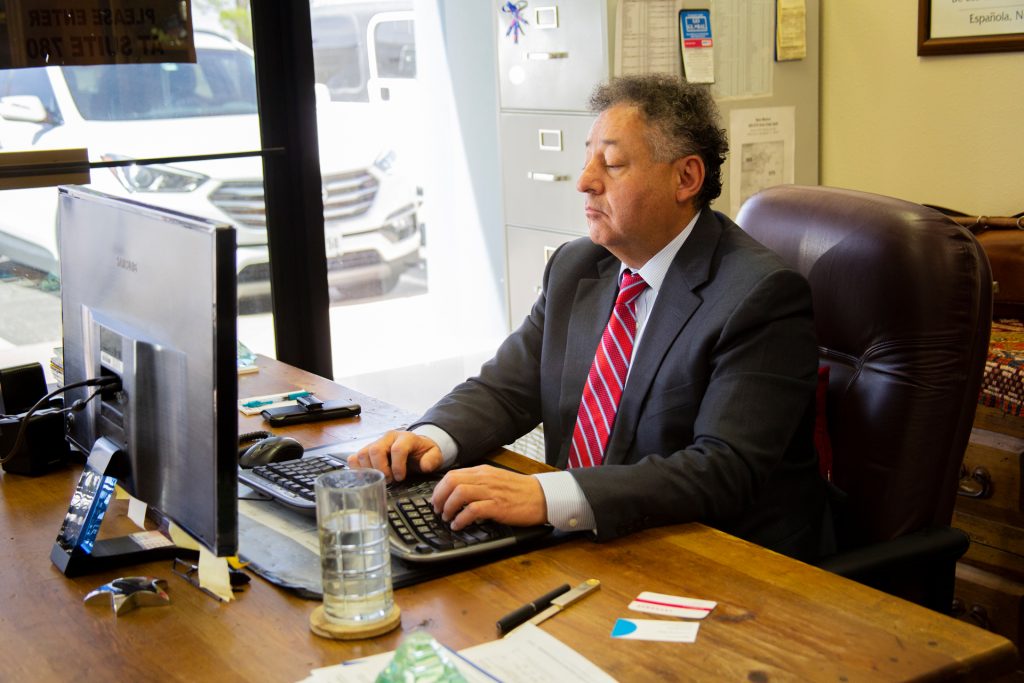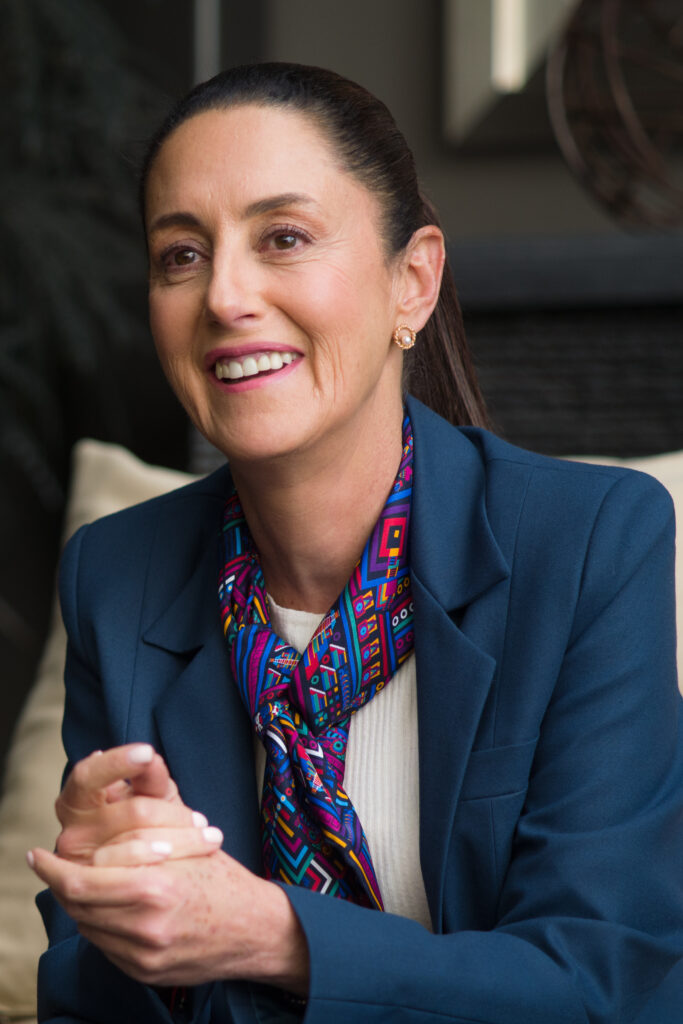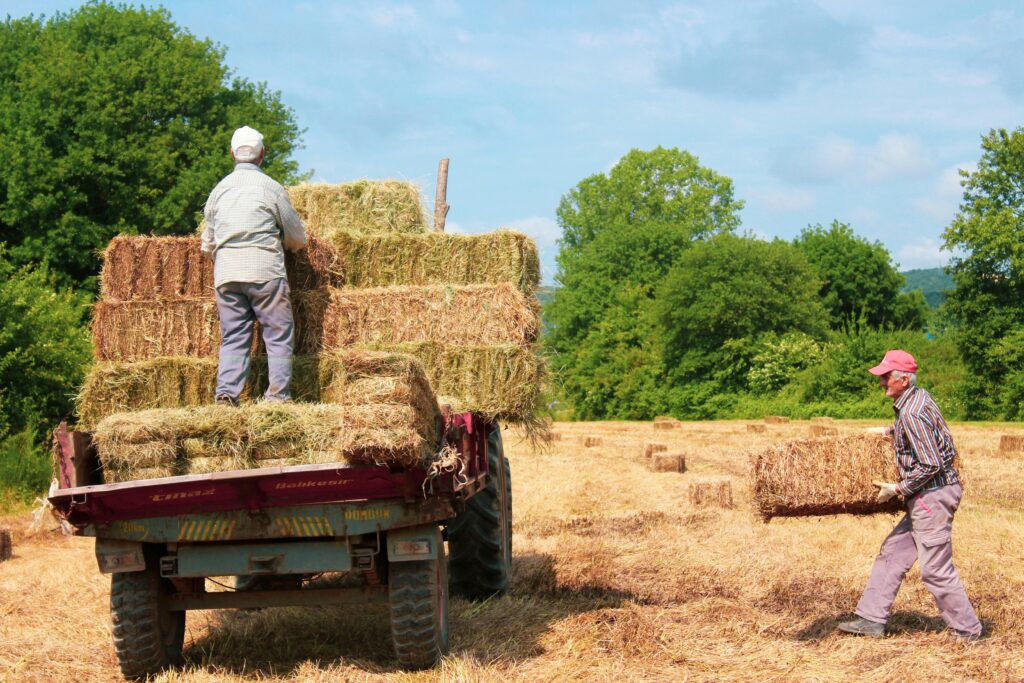If there is anything that the self-isolation, self-quarantine, and self-distancing caused by the coronavirus pandemic should cause us to do is contemplate. As individuals and as a country, we need to do a deep self-assessment of how we got here, and how to avoid being in this position again. What do we want to look like when we come out on the other side of this world crisis?
The U.S. has long been viewed as a safe haven by the investors around the globe who trust our system of government, government securities, and currency. This foreign investment in our country has brought precious capital to our public and private projects. However, it also has been a factor in many Americans borrowing too much money for items such as cars, consumer electronics, or houses that they cannot afford. Far too many Americans who are suffering severe economic impact should be self-assessing if they want to enter a future where they continue to live paycheck-to-paycheck, without creating a nest egg for difficult times. As with other crises, foreign investors will probably view the U.S. as a safe country in which to store their wealth. However, if we as a government and individual citizens continue to overspend, we could find ourselves in the same exact position during the next crisis.
As a nation, we are tied into a global economy in which production sharing and trade has brought us lower prices and better products through global competition. Even Americans on the lower end of the economic strata have the ability to purchase consumer goods such as iPhones and big-screen TVs, whose components and labor are sourced all over the world. Trade has made our world better and helped lift millions of people in the U.S. and around the globe out of poverty. However, how did we as a nation take our eyes off the ball and let so many critical medical supplies, pharmaceuticals, and rare minerals be produced in China? The U.S. government should provide incentives for more of the masks, gloves, and sanitizers that are regarded like gold during this crisis to be made in our country, so that we avoid the shortages we are currently experiencing.
And as a nation, we should learn that bullying and beating up on other nations does not serve us well in a crisis or after the crisis is over. Before the pandemic started, seeing that the U.S. was fighting with various Latin American nations and lacked focus in the region, China had been strongly courting nations in that region with loans and investment. I was disturbed to read reports that now China is using its production of healthcare personal protective equipment (PPE) to cozy up to countries such as Chile, Venezuela, and Mexico, that have been caught shorthanded during the crisis. It is doing the same in eastern Europe.
By making PPE, pharmaceuticals, and ventilators available to our neighbors in Latin America, China is attempting to do two things. The first is to change the narrative of being the country in which the coronavirus started (and of which it tried to cover up its severity), to the powerful friend across the Pacific Ocean that steps up to help smaller friends as they struggle with this pandemic. The second is to be in good diplomatic graces with these countries, so that after the crisis ends, China will be well placed to invest in Latin America and eastern Europe and to have these countries purchase its products.
A global pandemic is precisely the time that good diplomacy pays off. Building strong relationships and trust are critical for nations to work together for the welfare of their citizens. Coming out of this crisis, we as a nation have to reassess our diplomatic approach and rebuild trust in the world.
Finally, now is not the time to be slinging blame in a fit of anger. Remember that the world is watching our actions. How we handle the crisis clearly reveals our strengths and weaknesses as a nation. Discriminating against anyone who looks Asian and attempting to blame people of Chinese heritage in the U.S. for the origin of the pandemic is sickening and blatantly un-American. What the coronavirus has shown us is that we all are human beings – all susceptible to its horrible disease. We should be focusing on examining our shortcomings during the present crisis, and making sure that we are prepared the next time a novel virus threatens our welfare.
We are a proud nation that values our multi-cultural traditions and strengths. Love, care, consideration, and know-how will carry us through this scary period of U.S. history. Each of us should want to come out of this crisis with a clear conscience that we did everything in our power to help our family, friends, neighbors, fellow and foreign citizens. This is our time to shine. Let us not be the generation of Americans who failed ourselves during a crisis.



